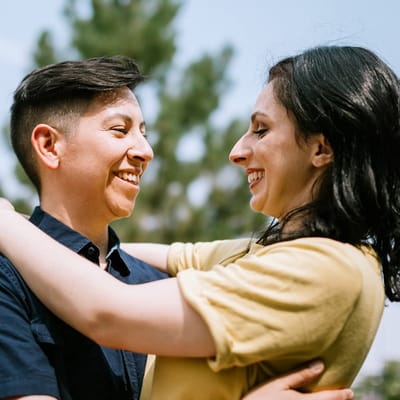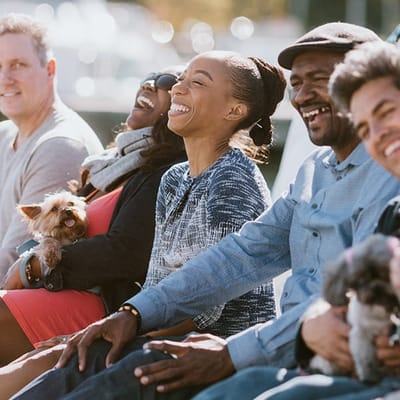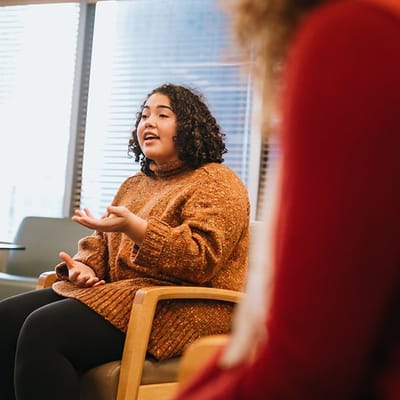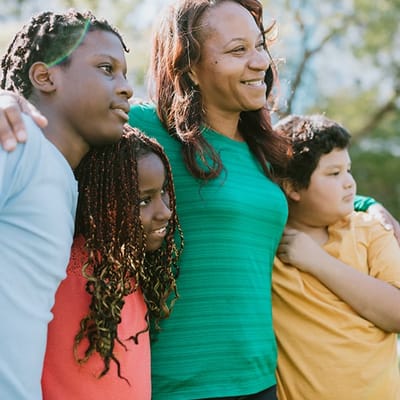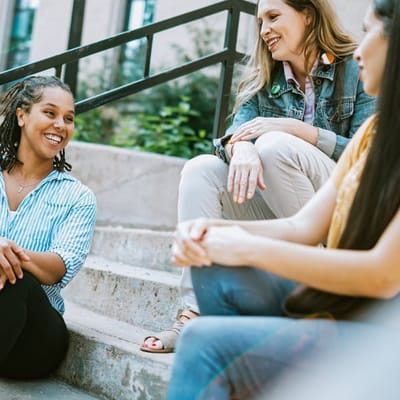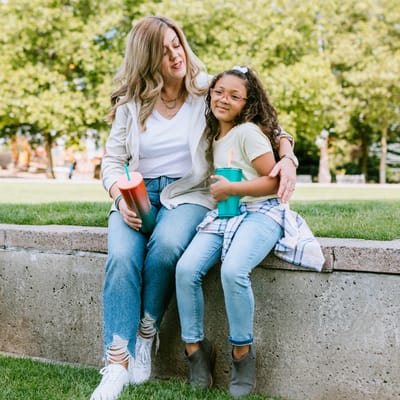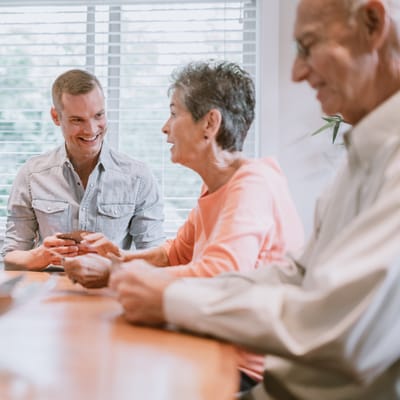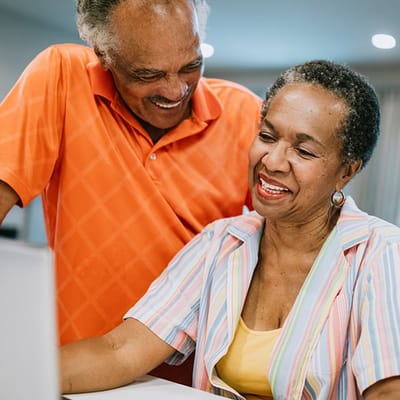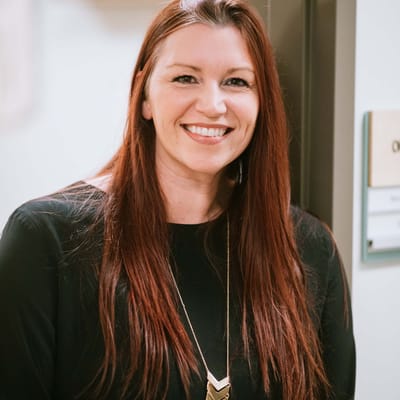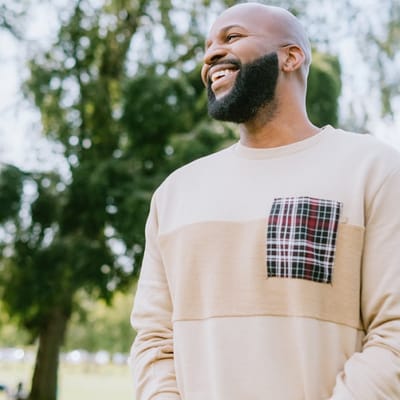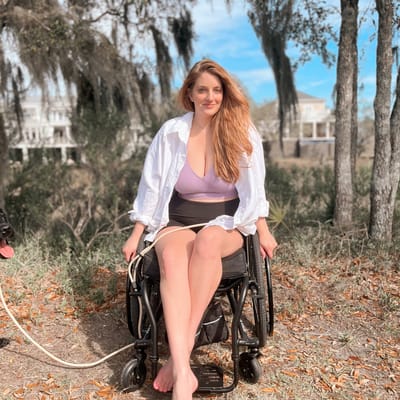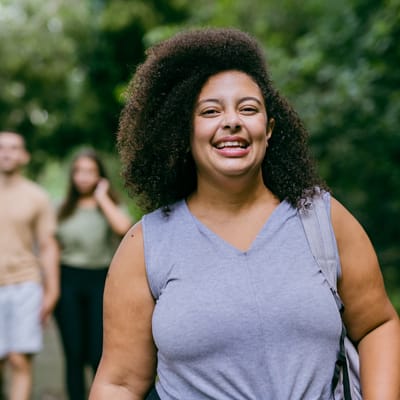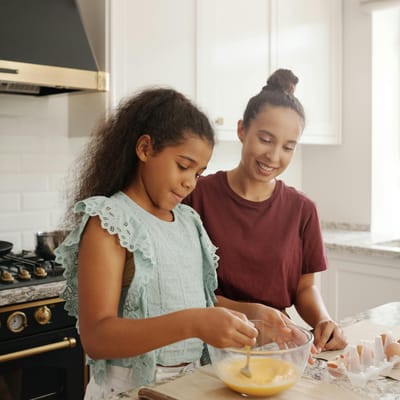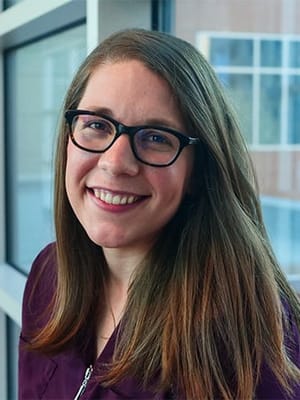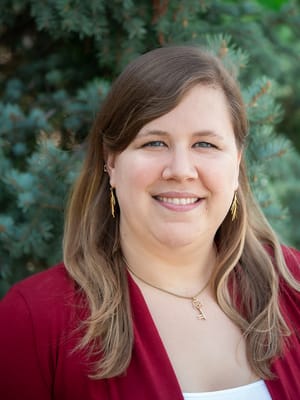Virtual Eating Disorder Support Groups
Why Join a Support Group
While each recovery journey is unique, finding a network of supportive individuals who can relate to your story can provide valuable information, perspective, and peer guidance, reminding you throughout that you are not alone.
How it Works / How to Join
Eating Recovery Center’s free eating disorder support groups offer peer support guided by trained facilitators.
Browse our comprehensive list of weekly support group offerings as well as our time limited support series to find a group that best meets your unique needs. Once you have found the group that best suits you, simply click ‘register’ and follow the registration prompts. You will receive a confirmation with the support group zoom link to the email provided during registration.
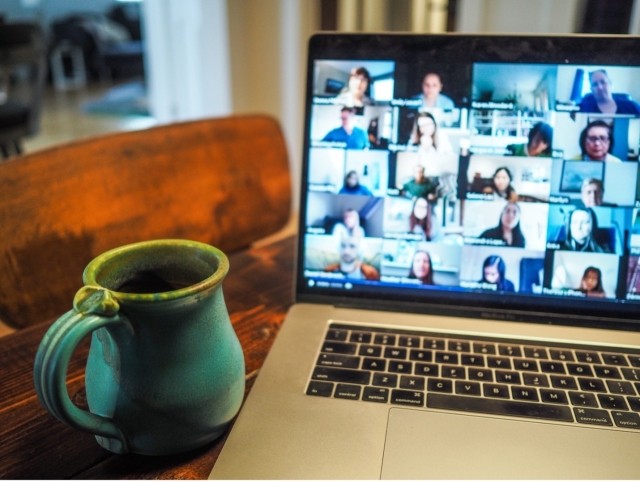
Build Your Community
Please note, the size of our group may fluctuate from week to week. Any group that consistently has 20 or more attendees is evaluated by our team to ensure all participants are able to have a positive experience. To reduce overflow of our weekly support groups, we ask that you limit registration to one group at a time (Pro Tip: If you are feeling like you need a little extra support, we suggest looking into our support group series which can offer additional opportunities to connect.)
Support Group Guidelines
To best ensure a safe space for all group members along their mental health journey, our facilitators ask that each attendee abide by the following guidelines.
Confidentiality
- For the privacy of our attendees, we do not allow for observers.
- No cell phones or electronic devices are permitted.
- You must be alone and in a private room.
- Confidentiality - what is said in group stays in group.
- Be mindful of what is in your camera view.
- We ask that cameras be turned on.
- Group members are invited to display first name only.
Content of Discussion
- Use “I” statements to speak in the first person.
- Please use the term “behavior” or “target behavior” to refer to self-harm/suicidal ideation.
- Group members are encouraged to share and provide support to each other. Please share with the willingness to receive support.
- Group members are asked to be mindful of the frequency and the duration of their share, allowing space for others to share.
- Refrain from discussing specific behaviors, and numbers: weight, clothing size, calories, etc.
Parameters of Care
- Support groups are an adjunct to outpatient care, and do not replace treatment needs
- Support groups are not therapy
- Support groups are peer-led groups
- A trained facilitator for each group
- Groups normally close after introductions/15 minutes into group to allow for discussion to begin
- Groups are for individuals 18+
Support Group Series Information
We are eager to respond as we listen to our community’s needs in eating recovery by providing support group series to address targeted topics to deliver information and provide community. Support group series topics range from body grief to LGBTQ+ in Recovery and can be attended in conjunction with weekly support group offerings.
Support Groups for Eating Disorders
LGBTQ+ Eating Disorder & Body Image Support Group
Mental Health Support Group for People of Color
Eating Disorders Alumni Support Group
Eating Disorder Support Group
Binge Eating Disorder Alumni Support Group
Eating Disorders Alumni Support Group
Family & Caregiver Support Group: Child & Adolescent Patients
Eating Disorder Support Group
Family & Caregiver Support Group: Child & Adolescent Patients
College Student/Early Adult Support Group
Family & Caregiver Support Group: Adult Patients
Family & Caregiver Support Group: Adult Patients
Clinicians in Eating Disorder Recovery Support Group
Adult (30+) Eating Disorder Support Group
30+ Afternoon Eating Disorder Support Group
Thursday Men’s Eating Disorder Support Group
Binge Eating Recovery Support Group
Holiday Support Series
On-Demand Support Groups
Exploring Parenting in the Here & Now
Body Grief With Jayne Mattingly; Body Grief Series
That's Not Normal: A Weight Stigma Unlearning Series
Supporting Loved Ones with ARFID: An Education Series
Grief Release Support Series
We're Listening
Do you have an idea for a support group series? Let us know!
Please note, this form is for support group suggestions only. If you have a personal request/need/question, please contact us directly at [email protected] for a quicker response.

Support Group Suggestion
Award Winning Support
Awarded Healthline's "Best of Online Eating Disorder Support Gropus" for "Best Variety of Groups" in 2021 & 2022.

Sustaining Progress & Recovery Nationwide
All Eating Recovery Center, LLC sponsored educational activities are presented in compliance with the Americans with Disabilities Act (ADA). If you are in need of accommodations please contact [email protected].

Stay Connected with Your Recovery Community
Are you or a loved one on the path to recovery? Our new opt-in form enables you to stay connected with our team and continue to receive support after discharge and throughout your or a loved one's recovery journey. By signing up, you'll receive the latest free resources, including access to support groups, upcoming events, educational materials, and more.
Community & Support In Recovery
We offer many support groups specifically for the alumni of our treatment programs to help provide support and sustained recovery. This allows you to connect with others who have had similar experiences to yours, in a safe, supportive and secure environment. All our support groups are facilitated by our Alumni and Family Liaison team, and trained facilitators and clinicians.

Hide Last Child Layout Div
Upcoming Offerings
For details on upcoming support series offerings, email us.
Body Image Series is a 4-week series highlighting various individuals' body image struggles. Negative body image is a reality for many individuals. It transcends gender, race, culture, and socioeconomic background. Many environmental and biological factors contribute to the development of poor body image, and the struggle can impact the quality of life. In this series we will hear from a different Say It Brave Collective member each week who experienced body image struggles as they share their personal experiences and how they work to rebuild a positive body image.
Supporting Loved Ones with ARFID is a comprehensive 6-week educational and support series created for individuals seeking a deeper understanding of what avoidant/restrictive food intake disorder (ARFID) is, the best treatment approaches, and how to effectively support a loved one with ARFID.
Previous Series Offerings
“That’s Not Normal” Weight Stigma Unlearning Series: Running from January 23 – February 27, That’s Not Normal is a 6-week education and support series that dissects our cultural learning of weight stigma and anti-fat bias. By identifying WHERE and HOW weight stigma and anti-fat bias is learned and reinforced, we can begin to do the work of unlearning concepts that perpetuate harmful narratives that harm the fat community and stigmatize us all. Each session will feature an educational segment from Meredith Nisbet, MS, LMFT, CEDS-S, National Clinical Response Manager and Hannah Sharkey, RDN, LDN, CEDS, Clinical Dietitian Training Specialist as well as personal stories of lived experience from our Say It Brave Collective and Community Partners.
Parenting in the Here & Now: Series for parents, guardians, and other important individuals in a child’s life provides insight and education on important topics surrounding building a connected parent-child relationship, mental health, and positive body image development.
Body Grief Series: This group will give words and validation to feelings we have in times of chronic illness, eating disorders, infertility, menopause, and so much more, as it delivers education about body grief by Jayne Mattingly, and provides community of lived experiences during the supportive breakout sessions each week.
Navigating the Holidays with Resilience & Community: The holiday season can be a challenging time for individuals who are struggling with their mental health, including eating disorders, mood disorders, anxiety, and family dynamics. This series aimed to offer a sense of community, validation, and strategies for individuals navigating the unique stressors of the holiday season.


